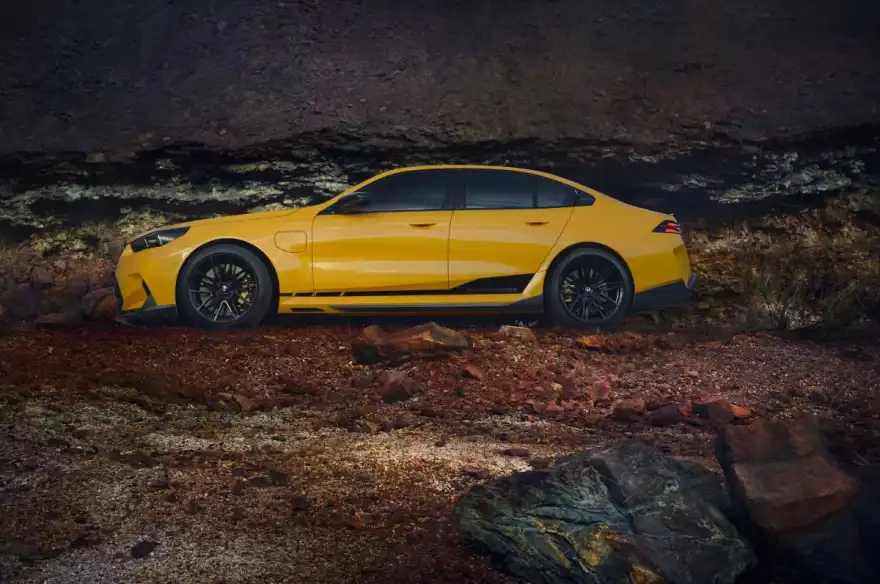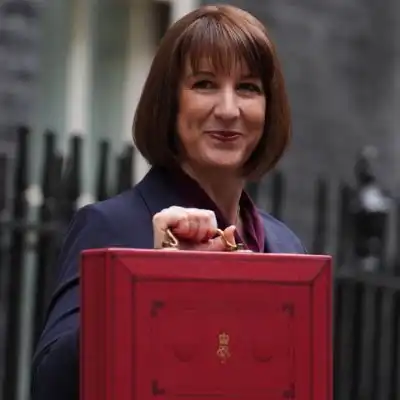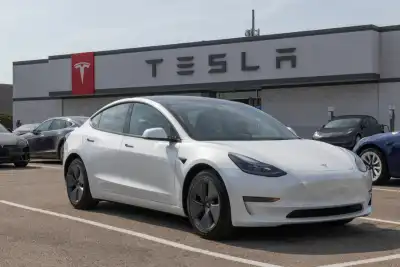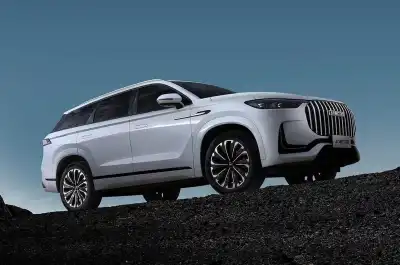
Oliver Zipse, CEO of BMW, has criticised the European Union's plan to ban new petrol and diesel cars by 2035. He argues that an outright ban on combustion engines is misguided and calls for more support to make synthetic e-fuels a viable alternative.
In the EU, there is a provision allowing combustion cars to remain on sale if they run on carbon-neutral e-fuels. However, Zipse believes the EU Commission isn't doing enough to develop these fuels, suggesting that the loophole is being used to effectively ban combustion engines through indirect means.
While the UK also plans to ban new petrol and diesel cars by 2035, there is speculation that the Labour Government may bring this forward to 2030, as outlined in its election manifesto.
Germany previously threatened to block the EU’s ban unless it included an exception for new internal combustion engines using e-fuels. Despite this, Zipse feels the EU is not advancing the development of e-fuels quickly enough. He stresses the importance of reducing CO2 emissions now, rather than waiting for future solutions, and argues that e-fuels could immediately cut the carbon footprint of the existing fleet of over 250 million vehicles in the EU.
Zipse’s comments reflect BMW’s flexible production approach, allowing it to adapt to changes in demand for green vehicles. This adaptability has been crucial as interest in electric vehicles has fluctuated.
Understanding E-Fuels
E-fuels, or synthetic fuels, are seen as a potential solution for industries like shipping and aviation. They are made using captured carbon dioxide or carbon monoxide and hydrogen derived from renewable energy sources such as wind, solar, and nuclear power. The goal is for these fuels to release the same amount of CO2 when burned as was used in their production, aiming for a carbon-neutral footprint.
Despite their promise, critics argue that e-fuels are inefficient and expensive to produce. Porsche, for instance, has invested significantly in e-fuel development through its support of the Haru Oni plant in Chile. Other companies, including Bosch, Mazda, and Ferrari, are also exploring e-fuels. Formula One plans to switch to e-fuels in 2026.
Environmental groups have criticised e-fuels, claiming they might not improve air quality and could be used to delay the transition to fully electric vehicles. The Transport & Environment group and Greenpeace argue that allowing e-fuels as a loophole undermines efforts to combat climate change and could hinder progress in reducing transport emissions.
Volvo and Ford have expressed concerns about the impact of the e-fuel loophole on their electric vehicle investments. Volvo, committed to becoming fully electric by 2030, and Ford, which had pledged to go all-electric in Europe by 2030, are urging the EU to adhere strictly to the 2035 ban without exceptions.
Sandra Roling from the Climate Group also advocates for sticking to the 2035 deadline and avoiding concessions for e-fuels, stressing the need for clear and decisive policies to support the transition to electric vehicles.




